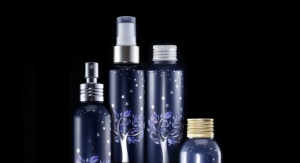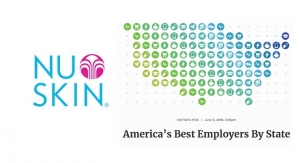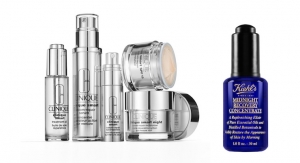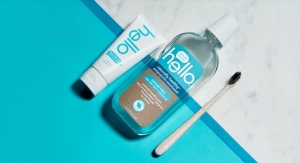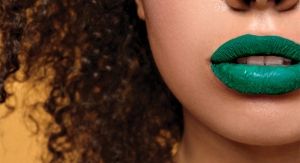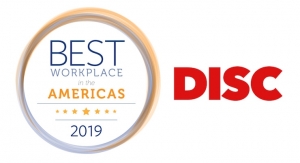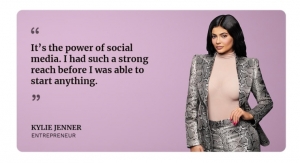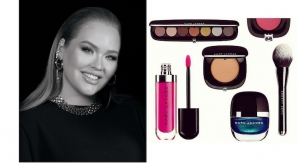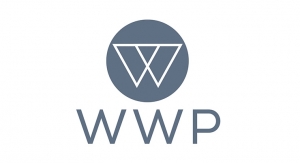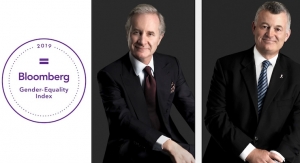Josh Wand, Founder and CEO, ForceBrands07.09.19
Beauty is evolving. Technology, inclusivity (experts predict the global personal care market for men will be worth $166 billion by 2022), and the growing preference among consumers to live healthier are just a few of the factors shaping the multidimensional beauty, wellness, and personal care space.
How then does this fast-paced industry keep pace when it comes to attracting and retaining talent, especially in one of the strongest labor markets in recent years? Benefits and compensation packages rank as the leading tools CPG employers leverage to remain competitive, according to ForceBrands’ 2019 Talent Market Report that surveyed more than 500 full-time hiring decision-makers and leaders across CPG.
In ForceBrands’ recently released beauty report that surveyed beauty respondents (who made up 22% of the total sample size of the cross-industry report), findings reveal that benefits and compensation packages inside the industry are competitive. Key findings of the specialized beauty edition point to generous compensation as average industry raises across beauty hover around 12%— 2% higher than CPG’s cross-industry average, and well above the national average of 3%. This is likely attributed to several factors influencing beauty’s boom like the uptick in recent years of investments in fast-growth brands and the broadening definition of beauty.
But compensation isn’t the only incentive employers are using to attract and retain quality talent. Beauty companies that generate less than $50 million in revenue are offering modern workplace perks that appeal to younger generations like flexible working hours, free meals, and cell phone subsidies. Large beauty companies that generate more than $50 million in annual revenue typically offer more traditional benefits. For instance, they’re more likely to offer 401(k) programs than smaller companies that offer more generous equity packages.
But as the nature of the workplace changes, so too do employee benefits. Large beauty companies are planning to implement benefits in 2020 that cater to the growing demands of work-life balance by offering unlimited time off, off-site social opportunities and meetups, and flex-time or work-from-where-you-want. And in turn, small beauty companies plan to implement more traditional benefits in 2020 like 401(k) plans and partially-funded medical insurance — a clear indication that these companies plan to compete with more mainstream beauty companies.
Today’s candidate-driven job market, coupled with beauty’s continued momentum, means that employers should look to their benefits and compensation offerings as a critical part of their hiring strategy to build teams poised for long-term growth.


